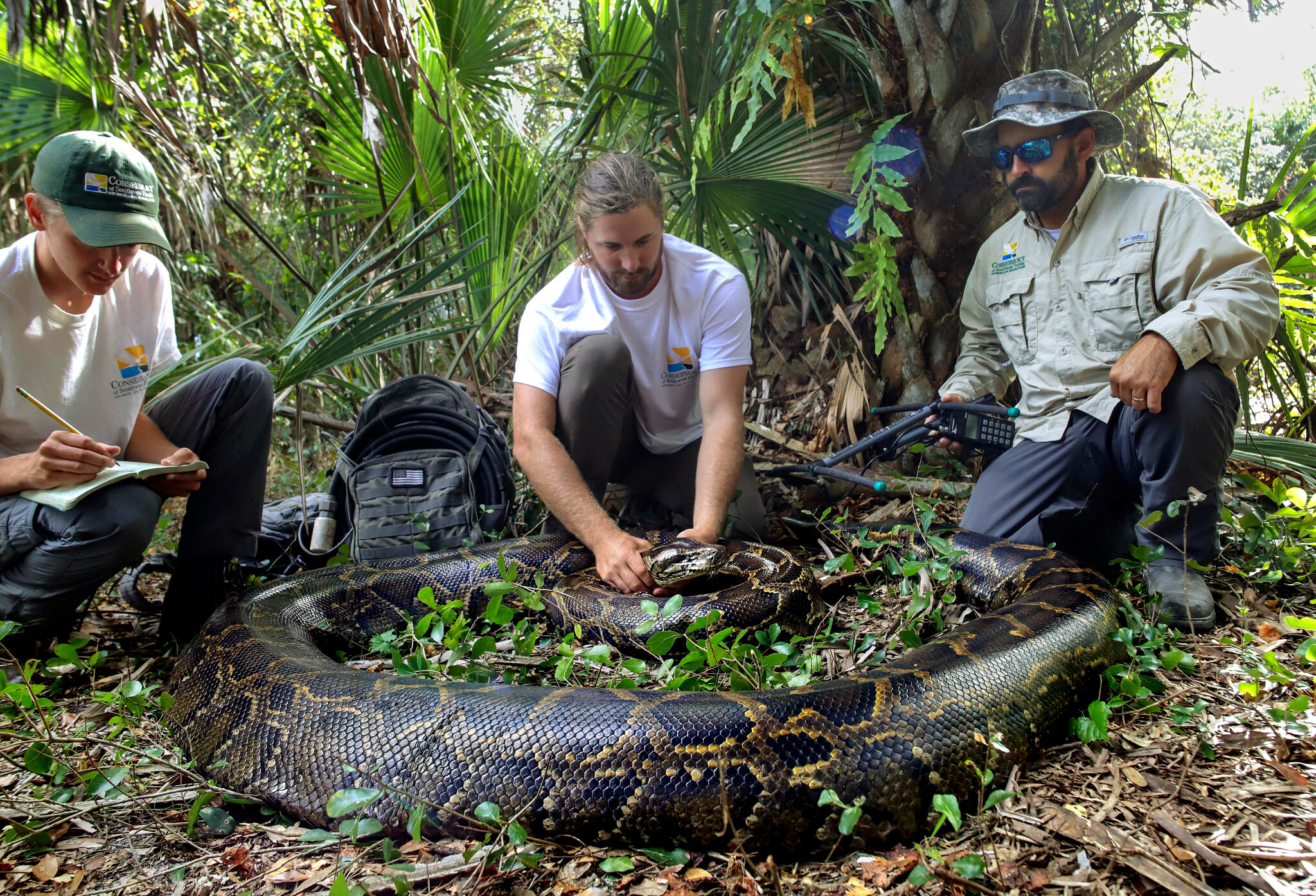Vultures are fascinating birds that often go unnoticed in the grand tapestry of wildlife in Florida. They might not be the most glamorous creatures, but they play a crucial role in maintaining the ecosystem. In this article, we’ll explore everything there is to know about vultures in Florida, from their unique characteristics to their importance in the environment. So, let’s dive in!
What Are Vultures?
Vultures are large birds known for their scavenging habits. They primarily feed on dead animals, which is why they are often seen circling in the sky or perched on trees. Unlike some other birds of prey, vultures have a keen sense of smell that helps them locate carrion, or dead animals, from great distances. This ability sets them apart and allows them to find food that many other animals might miss.also read TV Guide for Miami, Florida: Your Complete Viewing Guide
The Types of Vultures Found in Florida
In Florida, there are two main types of vultures: the Turkey Vulture and the Black Vulture. Each has its own distinct features and behaviors, making them interesting subjects for study and observation.
Turkey Vultures
Turkey vultures are easily recognizable due to their unique physical characteristics. They have a red head, which is bald, and a dark brown body with long wings that create a distinctive V-shape when they fly. Turkey vultures can be seen soaring high in the sky, often searching for their next meal. They primarily feed on carrion, but they have a strong preference for fresh meat, which makes them efficient scavengers.
Black Vultures
Black vultures, on the other hand, have a dark black plumage and a smaller head compared to turkey vultures. They also have white wing tips, which are more noticeable in flight. Black vultures are social birds that often congregate in large groups, especially when feeding. Unlike turkey vultures, they rely more on sight than smell to find food. This means they often follow turkey vultures to locate carrion.
Where Do Vultures Live in Florida?
Vultures can be found all across Florida, from urban areas to remote wilderness. They thrive in habitats that provide ample food sources, including:
- Forests: Vultures are often seen perched on tall trees, where they can scan the ground for potential meals.
- Grasslands: Open fields and meadows are ideal for vultures as they can spot dead animals easily.
- Roadways: Unfortunately, vultures are often seen near roads, where many animals fall victim to traffic. This provides a consistent food source for them.
Florida’s warm climate and diverse ecosystems make it an excellent habitat for these birds. They are often spotted in national parks, wildlife refuges, and even residential areas, showcasing their adaptability.
The Role of Vultures in the Ecosystem
Vultures play an essential role in the ecosystem, acting as nature’s cleanup crew. By consuming dead animals, they help prevent the spread of diseases and keep the environment clean. When animals die, their bodies can attract other scavengers, such as rodents and insects, which can lead to overpopulation and the spread of disease. Vultures help mitigate this issue by quickly consuming carrion before it becomes a health hazard.
Health Benefits of Vultures
The scavenging behavior of vultures offers several health benefits:
- Disease Control: By eating dead animals, vultures help control the spread of diseases like rabies and anthrax. These diseases can spread to other animals and even humans if left unchecked.
- Nutrient Recycling: As vultures consume carrion, they help recycle nutrients back into the ecosystem. Their droppings, known as guano, contain essential nutrients that enrich the soil, promoting plant growth.
In essence, vultures contribute to a healthier environment by cleaning up decaying matter and maintaining balance in the ecosystem.
Vultures and Humans: A Complex Relationship
While vultures provide numerous benefits, their presence can sometimes lead to conflicts with humans. In urban areas, vultures may be seen as pests due to their scavenging habits. They might rummage through garbage or scavenge from pet food left outside. This behavior can be frustrating for homeowners, but it is essential to remember that vultures are simply trying to survive in their environment.
Protecting Vultures in Florida
Despite their important role, vultures face several threats that can impact their populations. Habitat loss, poisoning, and vehicle collisions are significant dangers for these birds. Many conservation efforts aim to protect vultures and their habitats in Florida. Here are some ways we can help:
- Educate the Public: Raising awareness about the importance of vultures can help foster a positive attitude toward these birds. Understanding their role in the ecosystem can encourage people to coexist peacefully with them.
- Support Wildlife Conservation Organizations: Many organizations work to protect vultures and their habitats. Supporting these organizations through donations or volunteering can make a significant impact.
- Report Injured Vultures: If you encounter an injured or distressed vulture, report it to local wildlife authorities. They can provide the necessary care and rehabilitation to help the bird recover.
By taking these actions, we can help ensure that vultures continue to thrive in Florida’s diverse ecosystems.
Vulture Behavior and Communication
Vultures have unique behaviors and communication methods that help them survive in the wild. Understanding these behaviors can deepen our appreciation for these incredible birds.
Social Behavior
Vultures are social animals that often gather in large groups, especially when feeding. They communicate through a variety of vocalizations, including hisses and grunts. These sounds help them coordinate and establish social hierarchies within their groups. When feeding, vultures may engage in displays of dominance, which can involve puffing up their feathers or spreading their wings.
Nesting and Reproduction
Vultures typically nest in tall trees, cliffs, or even abandoned buildings. They do not build traditional nests; instead, they lay their eggs directly on the ground or in a shallow depression. Turkey vultures usually lay one to three eggs, which both parents incubate for about 30 to 40 days. After the eggs hatch, both parents take turns feeding the chicks regurgitated food until they can fledge, or leave the nest.
Lifespan of Vultures
Vultures are known for their longevity, with some species living up to 20 years or more in the wild. Their long lifespan can be attributed to their scavenging lifestyle, which often involves less risk compared to other birds of prey that hunt live animals. However, they still face threats from predators and environmental factors that can impact their survival.
Fun Facts About Vultures
- Excellent Flyers: Vultures are masterful fliers. They can soar at high altitudes for hours without flapping their wings, conserving energy as they search for food.
- Unique Digestion: Vultures have incredibly strong stomach acids that allow them to safely digest rotting meat, which would be harmful to many other animals.
- Scent Detectives: Turkey vultures have a highly developed sense of smell, allowing them to detect dead animals from several miles away. This skill is rare among birds, making them unique scavengers.
- Social Feeding: Vultures often feed in groups, which helps them find food more efficiently. Their social behavior ensures that they can take advantage of larger carcasses.
- Cultural Significance: In some cultures, vultures are seen as symbols of renewal and transformation. They are revered for their ability to cleanse the environment of decay.
Conclusion: Embracing Vultures in Florida
Vultures in Florida may not be the most glamorous birds, but they are undoubtedly one of the most essential. Their scavenging habits contribute to a healthy ecosystem, preventing the spread of disease and recycling nutrients. As we learn more about these incredible birds, it’s crucial to foster a positive relationship with them and recognize their role in maintaining ecological balance.
By appreciating vultures and advocating for their protection, we can ensure that these fascinating creatures continue to thrive in Florida’s diverse landscapes. The next time you see a vulture soaring overhead or perched in a tree, take a moment to admire their unique beauty and remember the vital role they play in our environment. Vultures may not be your typical feathered friends, but they are, without a doubt, nature’s cleanup crew, deserving of our respect and protection.





